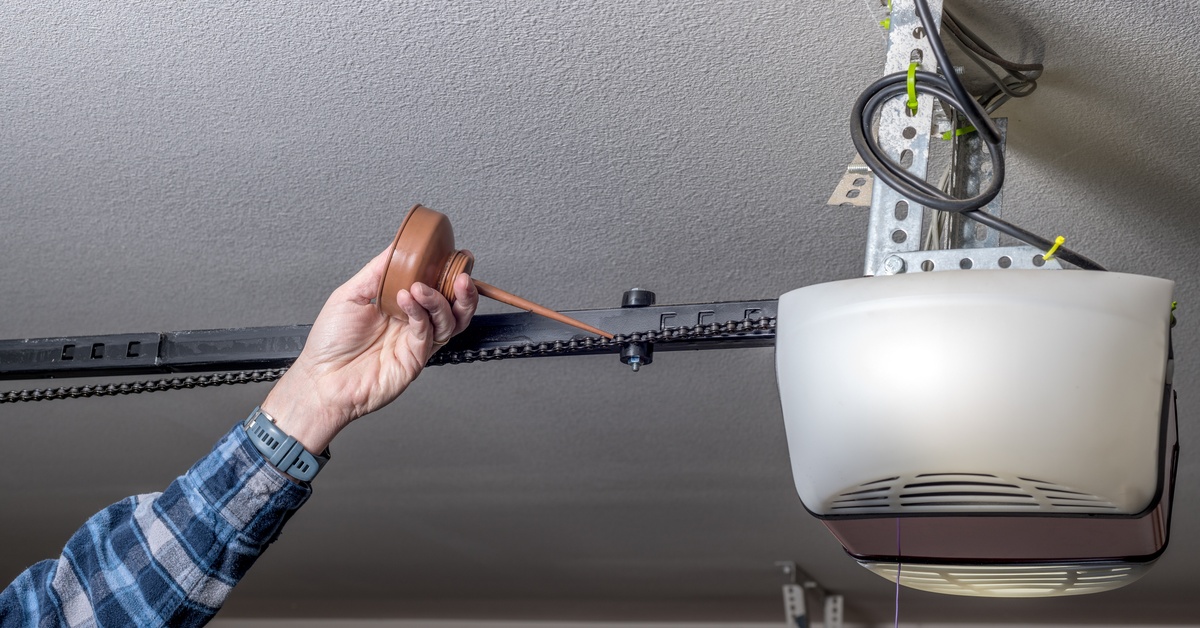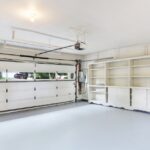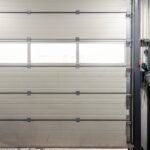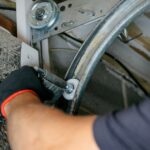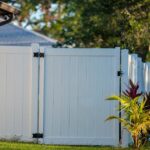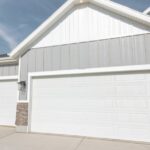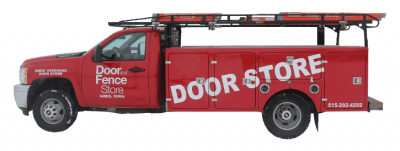A noisy garage door could be a warning sign. From worn parts to structural issues, unusual sounds often indicate something that needs attention. Left unchecked, these problems can worsen over time. Here’s a look at six things that can cause noisy garage doors and what you can do about them.
1. Worn Rollers
Rollers guide your garage door along its tracks, allowing it to open and close with ease. Over time, they wear down or lose lubrication, creating grinding, squealing, or rattling sounds. This is common in older garage systems that haven’t had recent maintenance.
If your current rollers are metal, consider upgrading to nylon versions. They’re not only quieter but also reduce stress on other components, extending the overall life of the door.
2. Loose Hardware
Garage doors vibrate during operation, which can cause bolts, screws, and brackets to loosen over time. As a result, the door may rattle, shake, or produce clanking noises.
Annual inspections to tighten hardware can help prevent damage and noise. This small step makes a big difference, especially in areas where seasonal changes can cause parts to contract and expand.
3. Damaged Hinges
The hinges between the door panels can wear down or rust over time, often resulting in a metal-on-metal noise. Popping or squeaking during operation usually points to this problem.
Commercial doors with high usage are particularly vulnerable to hinge damage. Replacing faulty hinges can quiet the door and prevent more serious issues with alignment or panel integrity.
4. Unbalanced Door
If your garage door is out of balance, it puts extra strain on the opener, springs, and tracks. This often results in groaning or creaking noises, along with uneven movement.
Both residential and commercial systems can be affected and should be corrected promptly. Since balancing involves high-tension components, corrections are best handled by a trained technician.
5. Opener Issues
Sometimes, the opener itself is to blame. Chain-drive models, commonly found in commercial setups, tend to be louder than belt-drive systems. Wear and tear on internal gears or a struggling motor can add to the noise.
Upgrading to a newer, quieter opener or having the current one serviced will significantly reduce sound during operation.
6. Poor Lubrication
Garage doors rely on moving metal parts—rollers, tracks, springs, and hinges—all of which need regular lubrication. Without lubrication, friction builds, and your door starts to squeak, grind, or groan.
Use a silicone-based garage door lubricant every few months to keep everything running smoothly.
Work With Trusted Professionals
If you’ve noticed any of these six things that can cause noisy garage doors, it may be time to call in the experts. Based in Ames, Iowa, The Door & Fence Store has provided reliable service since 1976.
With over 49 years of experience, we provide high-quality fence and door solutions for both residential and commercial properties. As a proud C.H.I. Overhead Doors dealer and partner of Master Halco, we bring top-tier garage and fencing products straight to Central Iowa.
Contact us today to find the solution that works for you.

